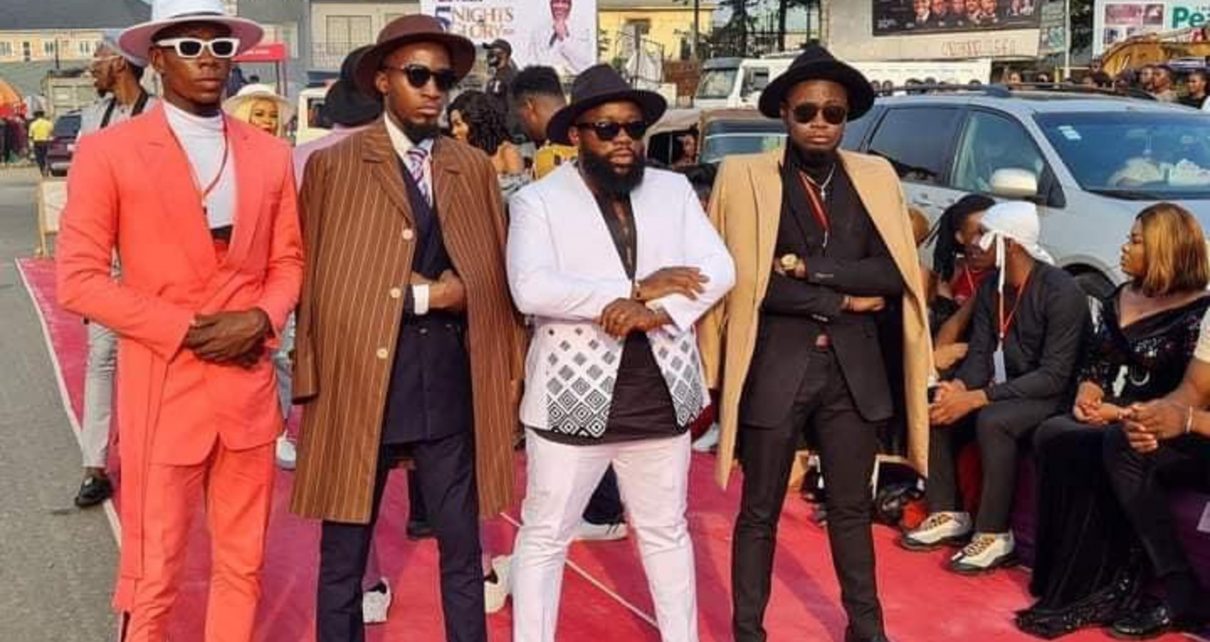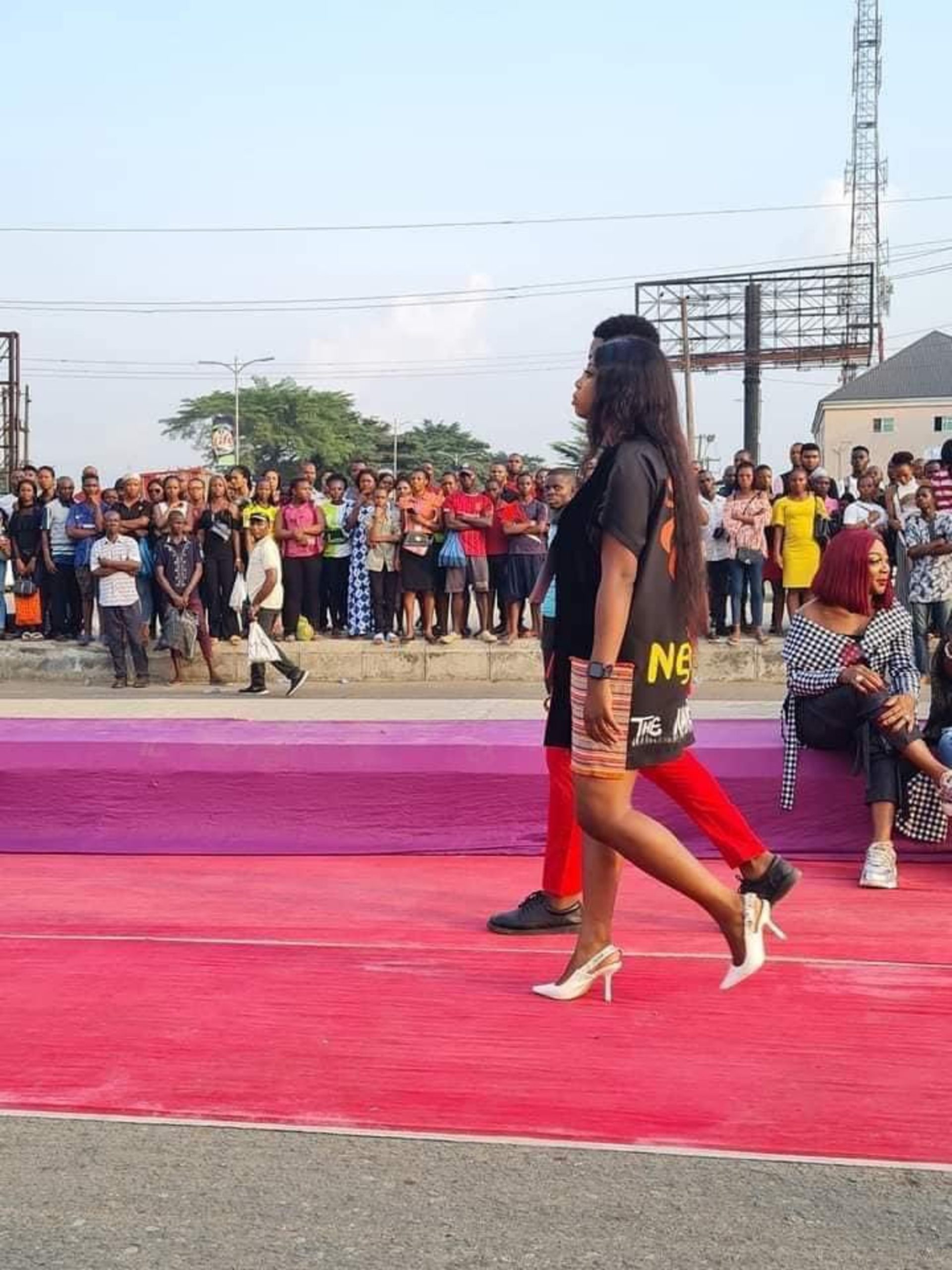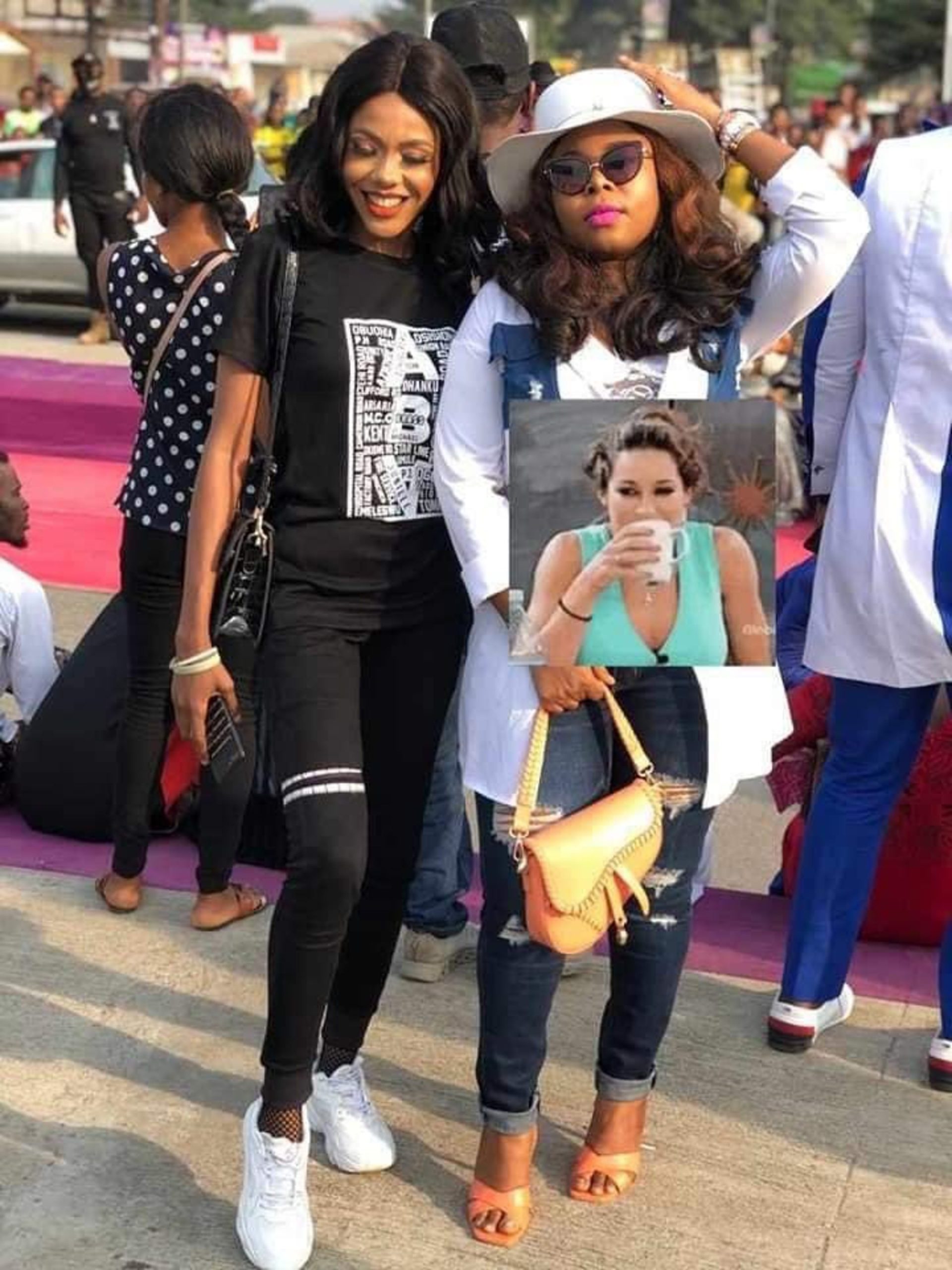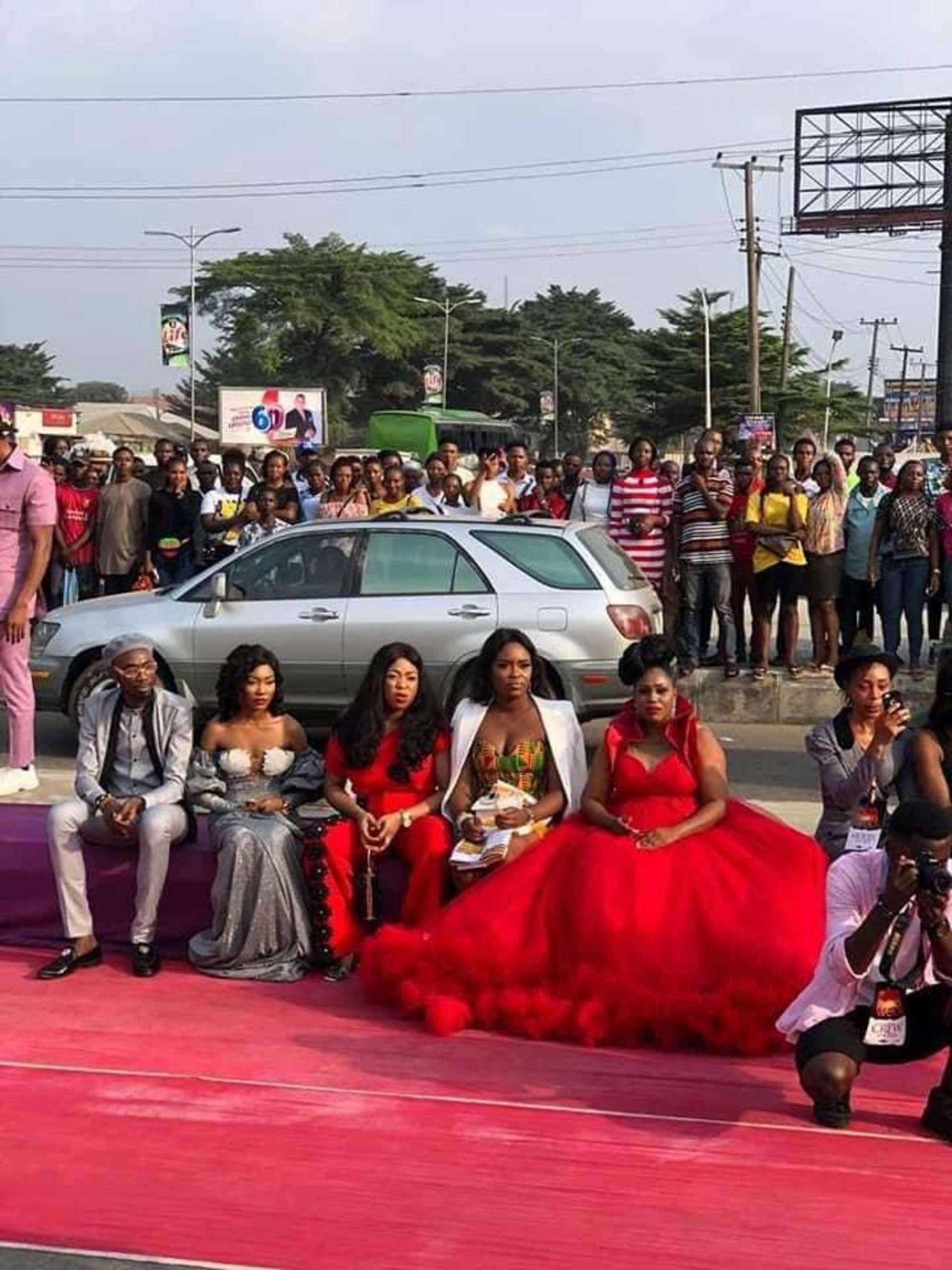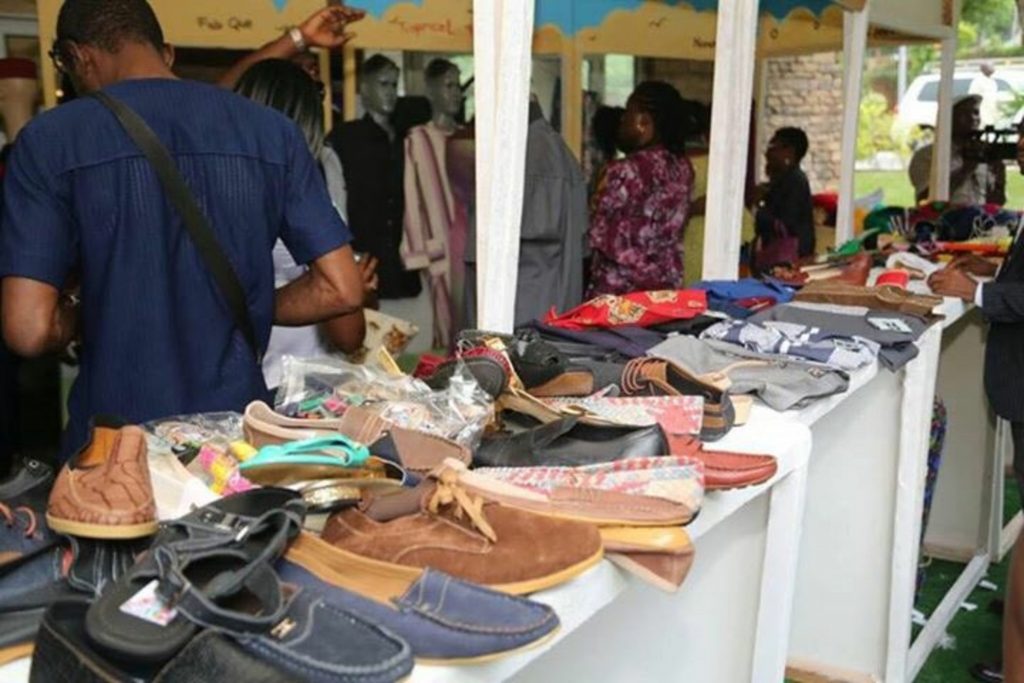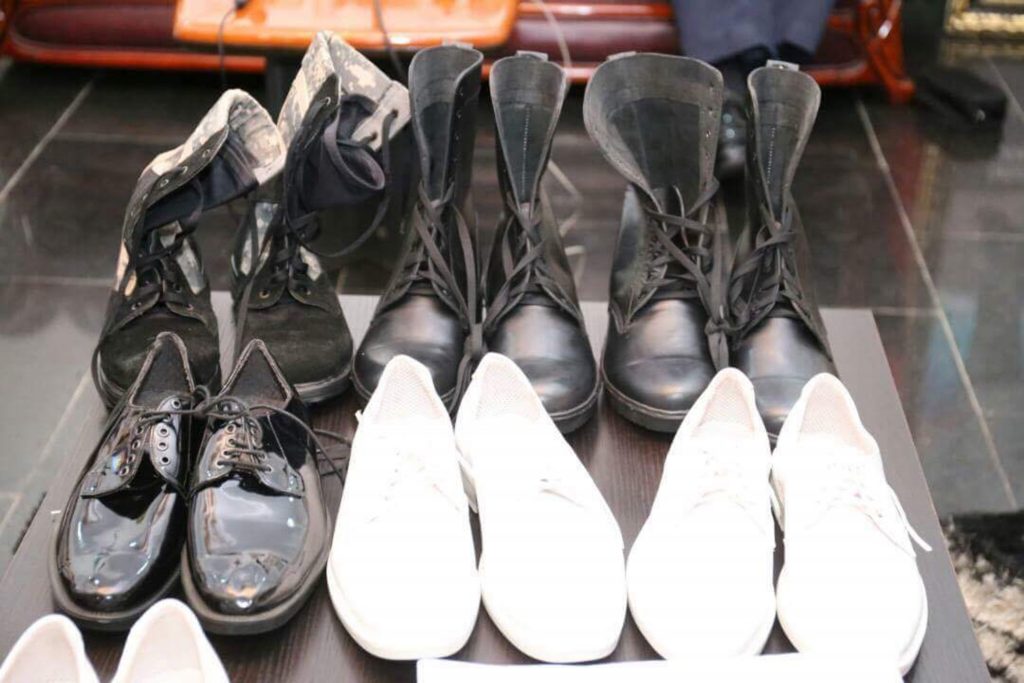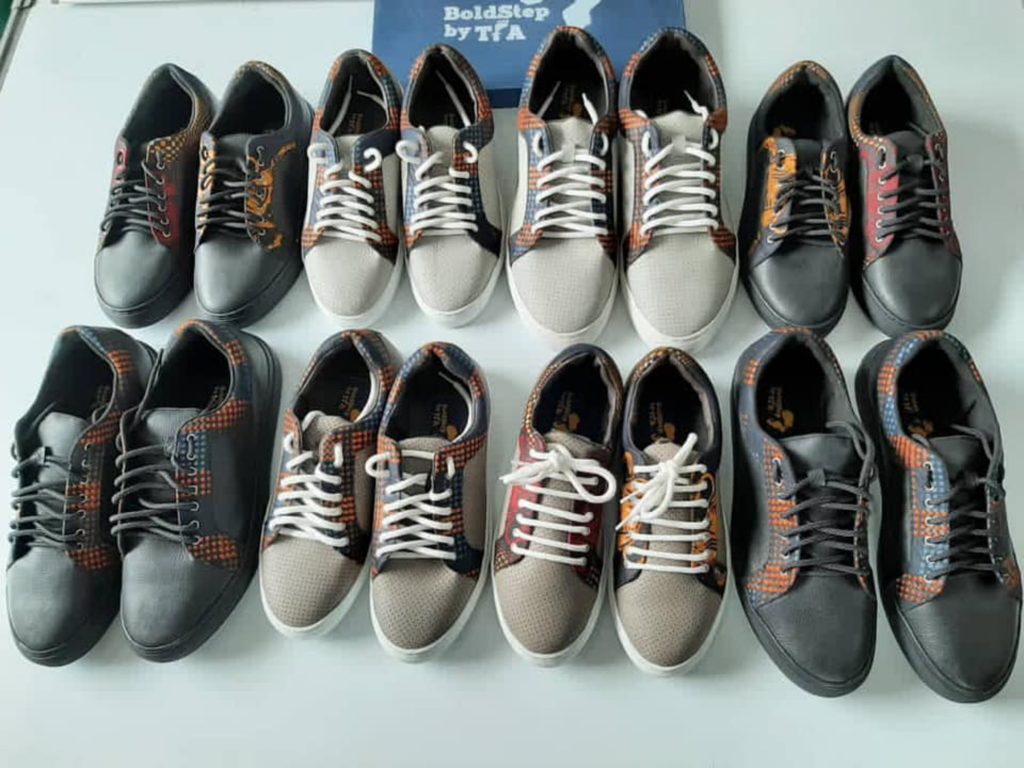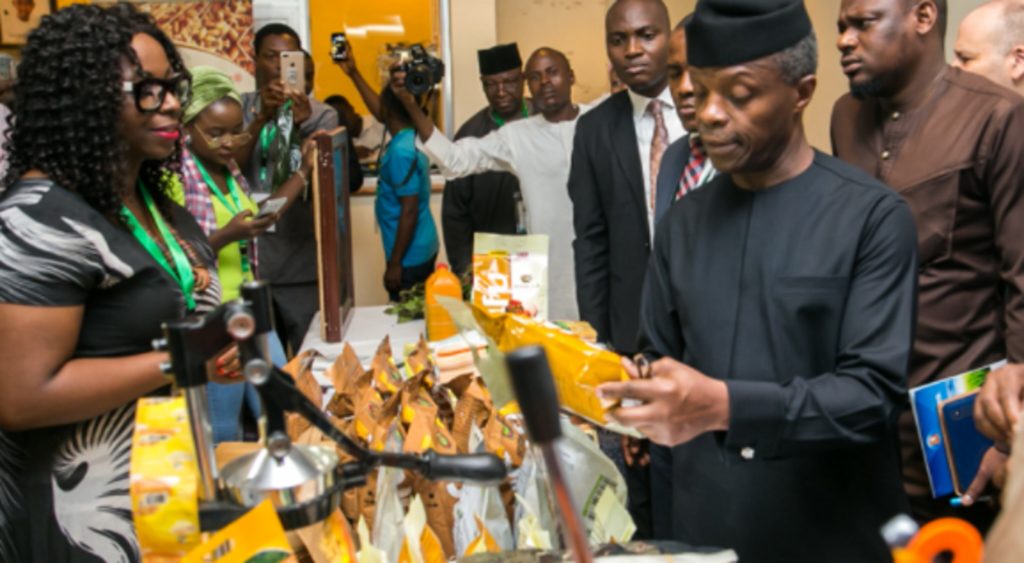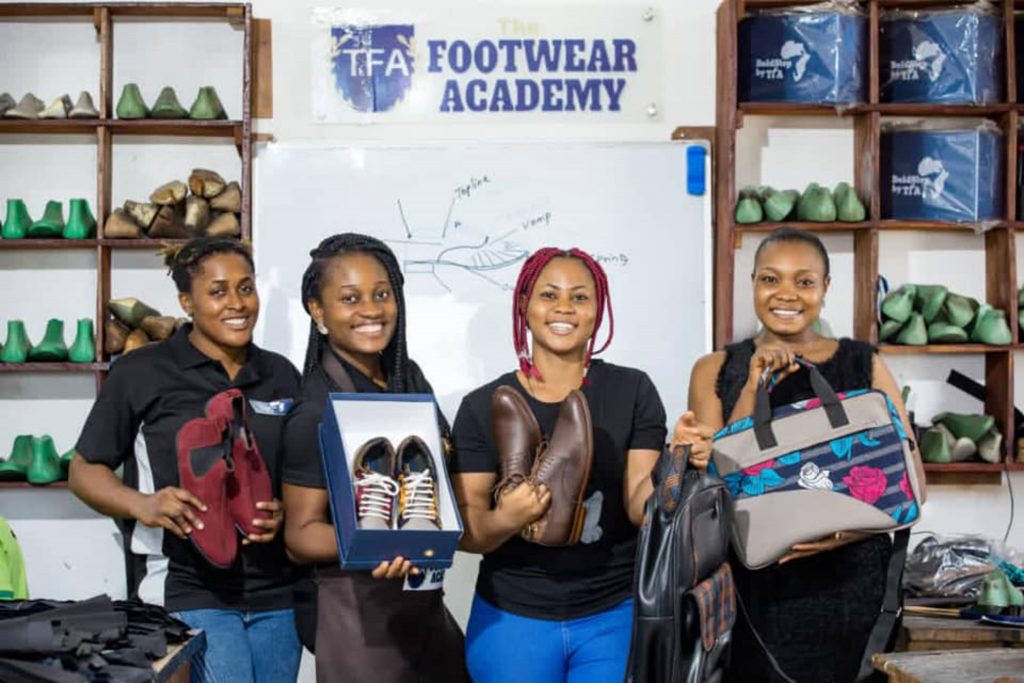By Nkanu Egbe
Take a walk into a clothing shop in the United States, check the labels on their garments and you will see “Made in Turkey”, “Made in China”, “Made in Nigeria” … Made in Nigeria? Yes! Unknown to many, Nigeria exports first-grade textiles and garments to Europe and the United States. The numbers pale in comparison to oil exports at $27.3m or 0.04% of total exports of $63.8b (2019 OEC) but export textiles and garments Nigeria indeed does.
And where do most of these finished garments come from? Your guess may be right – Aba, where Nigeria’s largest cluster of leatherworks and garments manufacturers, numbering over 250,000 thrive. But on a normal day, Nigeria is a net importer of textiles, importing as much as $3.63b worth of textiles and garments (2019 OEC). $27.3m is a drop in a wide ocean of the global textiles and clothing business.
The same goes for leather goods. Nigeria exports $29.5m worth of footwear and headwear, with leather footwear constituting just 1.71% of that figure, while it imports $775m of the same product range.
Even though Nigeria is overall a net exporter, $63.8b exports as against $52.5b, most of its exports are in the oil sector with the sale of scrap aircraft or seacraft and special purpose ships coming a distant second with $3.23b worth of vessel exports.
Yet Nigeria has the capacity to dominate a lot more in areas of comparative advantage. To be sure, let us go back to the leatherworks and garments subsector. Aba indeed has a comparative advantage in garments and leather goods. Against many destinations, Aba with a cluster of 250,000 micro garment and footwear entrepreneurs employing an average of four people each has the capacity to produce one million garment or leather products per day.
The Abia State governor, Okezie Ikpeazu spotted this competitive edge early and has literarily thrown the kitchen sink at the prospect. He has done well to fix up Aba, taking care of its infrastructure issues like bad roads, gully erosion or floods. At the last count, all over Abia State, he had built or reconstructed over 180 roads with the rigid pavement technology, one of the most expensive road technologies in the world; tackled gully erosion in Aba and other local administrations surrounding the commercial city; and fixed the flood problem especially that which was a perennial problem at Faulks Road leading to Ariaria International Market, one of the largest markets in West Africa. As a result, moribund industries like Golden Guinea Breweries have been revived while other industrial clusters are gaining steam with the likes of Patterson Zochonis (PZ) establishing themselves firmly in this newfound dispensation in Aba.
Then, Ikpeazu has gone into developing human capital for building the garment and leatherworks cluster. In 2020, he sent 30 tradesmen to China to study automation in shoemaking. They were to understudy the Chinese and then return to train other tradesmen. They have since returned and the result is the Aba Automated Shoe Factory and the Aba Footwear Academy, Ikpeazu himself enrolling as a student. To be clear, garments & leatherworks is not the only cluster for which human capacity is being developed in Abia State, the entire education system in Abia State is being overhauled to include a great deal of technical education with the Abia State Polytechnic, Osisioma and the ICT Skills Acquisition Centre, Osieke being pivots of this initiative. Four technical schools are being renovated while instructors from Australia have come in to retrain public school teachers to further prepare students for employment after leaving school.
Launching into the future, Okezie has established the Enyimba Economic City, a ₦500b investment covering three local government areas or 9,300 acres of land. The new city will target primarily the garment and leatherwork economic cluster, hoping to create over 625,000 jobs in 10 years.
Avoiding the errors, the Cross River State government made with the Tinapa project in Calabar, the Abia State Government is embarking on the economic city project in partnership with the Federal Government and the private sector. It has also sought assistance from the African Development Bank (AfDB) from which it has obtained $430m funding. Technical partners like Ruyi Group, a Chinese textile manufacturing concern, and Geometric Power Limited have been engaged to midwife the development of the economic city.
Will Ikpeazu’s plan succeed? Aside from the fact that the city’s pitch came first against similar economic city pitches from Russia and Australia in a competition by the Chartered Cities Institute, winning $25,000 and technical partnership from the Institute, Aba already has a waiting domestic market. Boutiques in Lagos stock more than 30 per cent of Made in Aba wear, whether garments or footwear. Then, there are traders from surrounding states like Akwa Ibom, Anambra, Bayelsa, Cross River, Delta, Ebonyi, Enugu, Imo, and Rivers State braving the bad Federal roads to swoop upon merchandise from Ariaria market for garments and leatherworks and Alaoji for motor spare parts. There are other markets like Eziukwu for foodstuff, Ngwa Road market for used clothing (Okrika), and Ohabiam for electronics. But the most talked-about is Ariaria International Market, once upon a time for its filth and flood, but now for top-grade garments and leatherworks.
Men’s wear like “Senator” suits, English suits, shirts, and trousers now dominate the public space in Abuja, Port Harcourt, and Lagos. Shoes like Oxford Brogues, slip-on shoes, sandals, and slippers are easily found on the streets of these major cities. It is indeed considered strange that men would travel outside the country to buy formal wear as most men are comfortable wearing Made-in-Aba brands. But, before the Aba market caught the fancy of the menfolk, the women were already there, dominating the purchase of Made-in-Aba clothes, shoes, or bags and patronizing the Made-in-Aba roadshows already taking over the Lagos and Abuja fashion circuits, especially in the virtual space.
Lagos is the centre of Nigerian sartorial elegance. They miss nothing in terms of style, quality, blend or theme. For the best, they are ready to splash. They also love a travel. They go to top fashion centres like London, Milan, or New York to get the absolute best. This means Made-in-Aba must be top-notch, pristine. So, if the Lagosian must buy Made-in-Aba, there needs to be the travel element, which could be, take Made-in-Aba out and sell and make forex. That is the competition for Made-in-Aba. But Ikpeazu is saying, “Bring it on – Abia is open for business.”
If we were to do the calculations all over, having already established that one million garment and leatherwork items can be produced in a day in Aba, and if we assume an average price of $3 per item, it is possible that Aba can generate as much as $3m daily from garment and leatherwork sales amounting to over $1b yearly. Spraying as much as $4.4b or half of that on clothing and footwear imports is no small deal. That is a lot of money worth saving.
- Nkanu Egbe is the Publisher/Editor, Lagos Metropolitan

